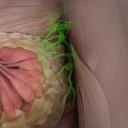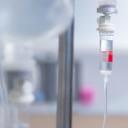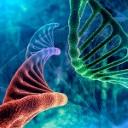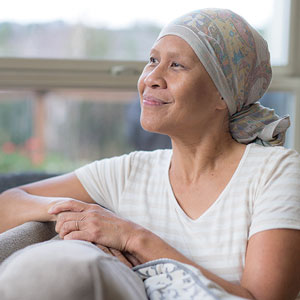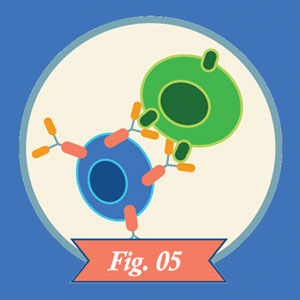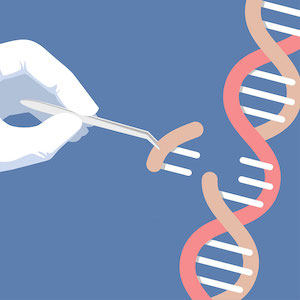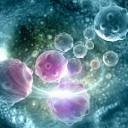Treatment
-
Avoiding Unnecessary Lymph Node Biopsy
A study adds to evidence that many patients with ductal carcinoma in situ do not need to have their lymph nodes removed.
by Cheryl Platzman Weinstock
-
Learning the Language of Chemotherapy
Cancer patients often do not understand words their doctors use while talking about chemotherapy, but a new video series helps explain these terms.
by Jen Tota McGivney
-
Navigating Hospital Discharge Decisions
Patients with advanced cancer often go to rehabilitation facilities after a hospital stay in hopes of gaining the strength for further treatment, but the majority do not go on to receive additional cancer therapy, a study reports.
by Ashley P. Taylor
-
Misunderstandings About Cancer DNA Tests
Many cancer patients who received genomic testing of their cancers in a clinical trial did not fully understand the purpose of the testing.
by Emma Yasinski
-
September 27: The Week in Cancer News
A study examines how poor and minority patients are more likely to be diagnosed with cancer in the emergency room, and a cancer survivor considers the lasting effects of chemotherapy.
by Bradley Jones
-
Forward Look
Measuring Treatment EffectivenessOutcomes are often evaluated using progression-free survival.
by Jasenka Piljac Zegarac
-
Forward Look
New Option for Treating Pain From Bone MetastasesStudy supports use of single-session, higher-dose radiation.
by Jane Langille
-
Finding More Targets for CAR-T Cells
CAR-T cell therapy has successfully treated some patients with leukemia and lymphoma. Researchers are looking to expand the range of cancers that will respond to the therapy.
by Kendall K. Morgan
-
Q&A
The Promise of CRISPRBiochemist Samuel H. Sternberg describes the limitations, realities and potential of gene-editing technology.
by Marci A. Landsmann
-
September 13: The Week in Cancer News
Some cancer drugs being tested in clinical trials do not work the way researchers thought they did, and ringing a bell following radiation therapy may increase distress for patients.
by Kate Yandell

